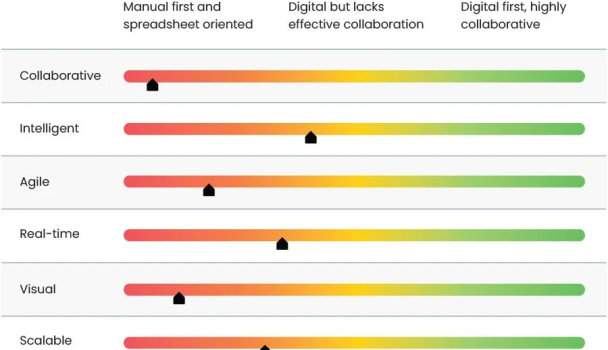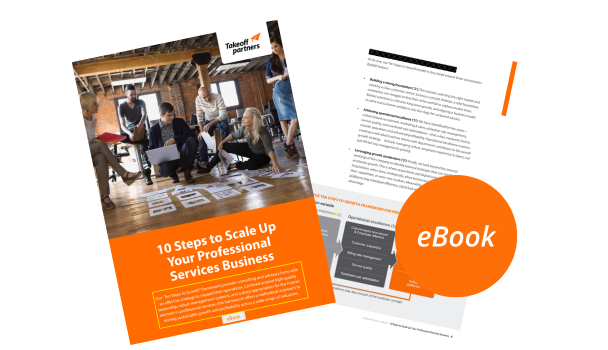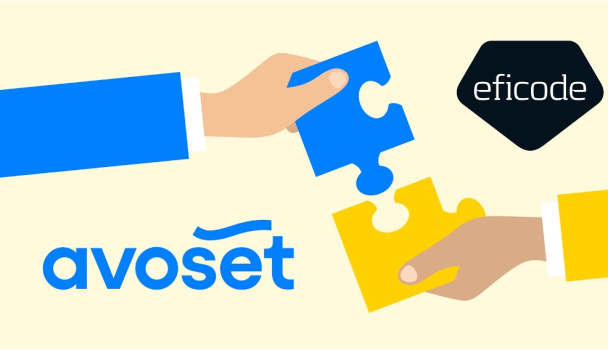Entering the North American market – the typical lessons and beyond

Jouko Virtanen, Senior Partner of Takeoff Partners, spent 11 years living and working in North America. Back in Finland, he’s now helping Finnish B2B startups and growth companies enter the US market. What are some of the lessons Jouko brought with him from across the pond?
Let’s start with the typical lessons of the tough North
American market
1) An aspiring startup will need a killer value proposition to present to the potential customer or investor. Without understanding what problem the product or service will solve, no-one will have time to listen to lists of features.
2) Networks are tremendously valuable. Find people who can open doors and point you to the right direction.
3) Learn the competition and regulation.
4) Be persistent. Cliché or not, “it’s a marathon, not a sprint”.
Jouko Virtanen nods at the above points: These are some of the top challenges that any entrepreneur looking to enter the US market will come across. And ticking those boxes is easier said than done: Presenting the perfect solution to a problem means you first have to understand the real problem – and it might be somewhat different in North America than what it is for instance in Europe. This also relates to understanding the competition and local regulation. Do your homework!
The greatest thing about networks, at least how
they are traditionally defined, is that they are based on personally knowing
people and learning to trust them. This inherently takes time and effort, but
relationships really do matter. As business develops, networks can become active
customer communities when properly nurtured and they can be extremely important
to further grow your business in North America. Nothing better than strong
references in a fiercely competed market.
In a large cake, even a small slice is, well, large
Entering North America sounds as bold as it is – especially considering that there are many “North Americas”. Jouko points out that for a small or mid-sized growth company, the New York or Chicago areas alone may be such a big market that there is no need to look elsewhere, at least early on. Similarly, one vertical may do the trick in a huge market.
Market geographies are very different, too. Local
competition market, business culture and even regulatory environment may be
quite different from coast to coast. So the point is: Find your most lucrative
geographic area(s) and / or verticals, and focus.
The Finnish angle
The above aspects are generic, in that any company eyeing the North American market will have to consider them regardless of their country of origin. What are Jouko’s experiences from North America specifically as a Finnish growth entrepreneur?
“I would say the first thing is being bold enough, persuasive and to the point, which relates to the absolutely clear value proposition”, Jouko says. “Even when the value proposition may be clear, us Finns often adopt a way too modest tone of voice to make an impact in North America. Words that may sound inflated and over-enthusiastic to us are the norm here, and while we kind of know it, it takes time to really internalize it. This goes both for marketing and sales."
Jouko continues: “Our North American business peers have two great advantages: Not only are they native speakers of the number one business language in the world, but they also learn how to use it early on. My two daughters went to school in Canada, and they were taught persuasion skills and the right words and tone to choose practically since pre-school. This is a great gift (although it is costing me money lately).”
“The one advantage we as Finns have is something that took me time to realize too", Jouko says. "During my first years, doing business in North America, I didn’t bother emphasizing that our company was Finnish, I always thought it would sound weird, why would someone buy from a small company coming from that far? But I learned that it was in fact the opposite in most cases, it can be seen as a way to be different and in a positive way. Let’s face it, Finland has a good reputation internationally, let’s make good use of it. This relates to transparency, down to the point communications (ok, sometimes little too much), trust, etc. These are great advantages in business and resonate well with North American customers. In my later years, I found myself always talking about Finland with my customers (I hope I kept the reputation alive on my part)."






